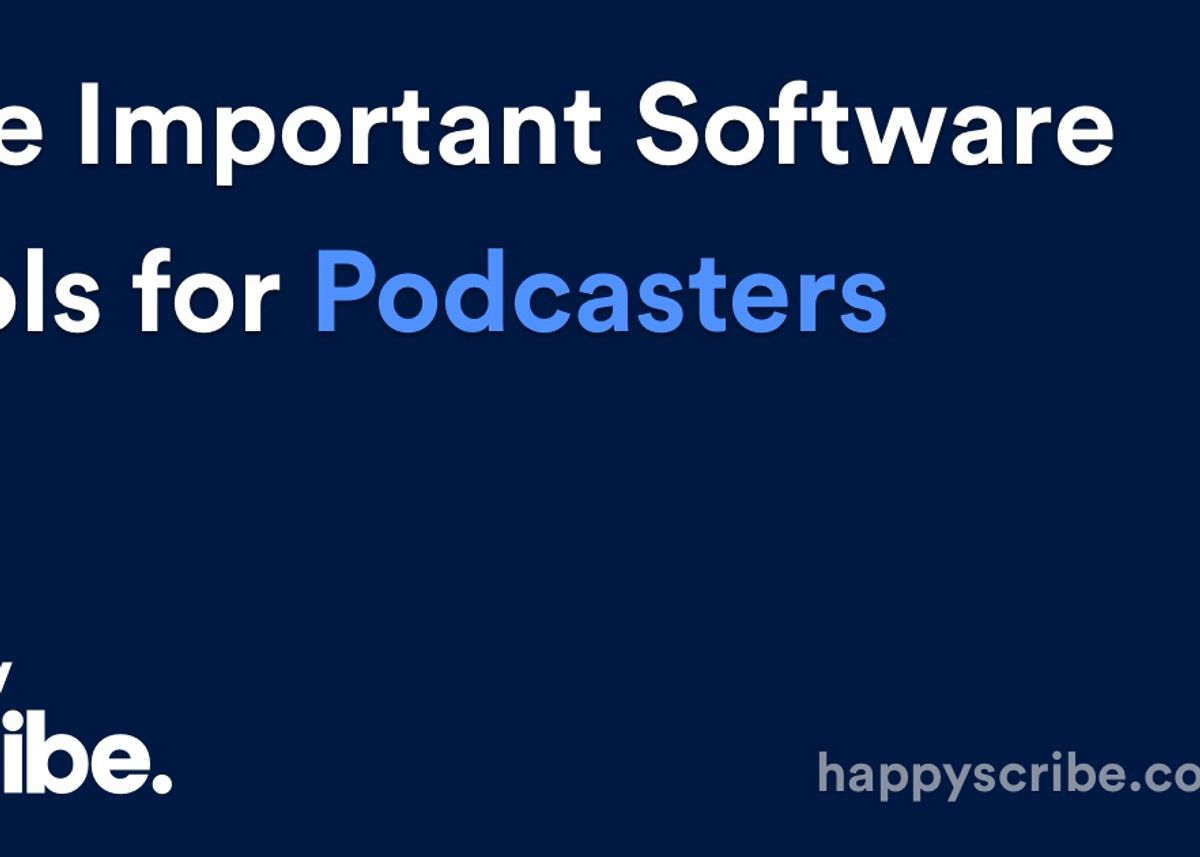
Five Important Software Tools for Podcasters
Five important software tools for podcasters.

Podcasters should record their blog posts instead of writing them. This method of converting blog posts from audio to text has many advantages. Here's why.
Successful podcasters know that for podcasts to achieve maximum exposure each episode content should be available in audio AND written format. In particular, you need to be creating blog posts alongside your podcasts.
I hear your outward sigh of frustration.
Whilst you are okay with providing the audio content, you just don't have the time or the will to write blog posts. However, the benefits are enormous. For one, blog posts help with your SEO. So just know that if you are going to be a podcaster, you are going to need to produce blog posts too!
But what if I told you that you didn’t actually have to ‘write’ your blogposts? What if you told you that you could record your blog posts, convert that audio to text, and like magic have your blog post.
Amazing right?!
Still not convinced? Then consider these 5 reasons why you should record, not type, your blog posts.
Let’s face it, writing isn’t your strong point. Otherwise, you would have probably become a blogger. So play to your strengths.
If you feel more confident speaking over writing, then it makes natural sense that you would find it easier to record your blog post than type it out.
According to RataType, the average person types about 40 words a minute. I’m going to assume this rate is a lot slower when you are typing a blog post as you are also thinking whilst you type.
In contrast, the fastest speaker in the world can rattle off 637 words per minute. Ok, so you won’t be able to record your blog post at this speed, but even if you are speaking at an average conversational speed of 150 words per minute, you are still going to be able to speak your blog post faster than typing it, and this saves time.
Based on these average rates, typing a 1,000 word blog post would take about 25 minutes. However, recording a 1,000 word blog post would take you less than 7 minutes. That’s a lot of time saved!
Does an idea for a blog post strike you on your drive home from work? No problem. Just hit the record button in Voice Memo on your iPhone and start talking.
Feeling lazy?! How about laying down on the sofa with your recorder and speaking away. You could even close your eyes and pretend you are sharing with your shrink your deepest thoughts.
Need to get some exercise? Head out for a walk and use your surroundings for inspiration as you ‘write’ your blog post. The added benefit here is that changing your surroundings can help unlock writer’s block.
You get the idea here. There are many more places you can record your thoughts than there are where you can type them out. So not only can you capture your ideas as they come to you and before they fade away, it can save you time as well.
Another advantage of recording your blog post over typing is that the tone will be more conversational, which is ideal for your audience base.
When we speak, we just naturally use less formal language. We also drop correct grammar usage. All of this will make it feel more like you are writing directly to the person reading the blog post. This interpersonal tone builds familiarity and makes the reader feel more connected to your message.
How often when you write do you stop and reread the words? Or perhaps you stop and correct the punctuation of your sentences? Or the spelling of your words?Maybe you even stop to do a Google search to verify a piece of data.
Hands up! Are you one of these people?
Chances are that you do at least one or all of these. The problem with this pre-editing whilst you write is that it stops your flow of thought. Each diversion distracts your train of thought and it can take 20 to 30 seconds to get back into your idea, if ever.
Recording your blog post makes this less likely. Yes, you might stop mid-sentence and change the direction of your thought, but this is not as detrimental has stopping mid-typing.
With recording your blog post, you essentially get a brain dump of your ideas that you can easily and quickly edit after it has been transcribed into text.
Can you think of any other advantages of recording your blog posts over writing them? If so, let us know.
Oh, and if you decided to use this method to write blogposts and need some help converting that audio to text, we here at Happy Scribe can automatically transcribe it for you.

Five important software tools for podcasters.

How can you help your podcast get discovered? How can you get more viewers to listen to your podcast? How can you differentiate your podcast from someone else’s on the same topic? One solution is to include an interactive transcript.
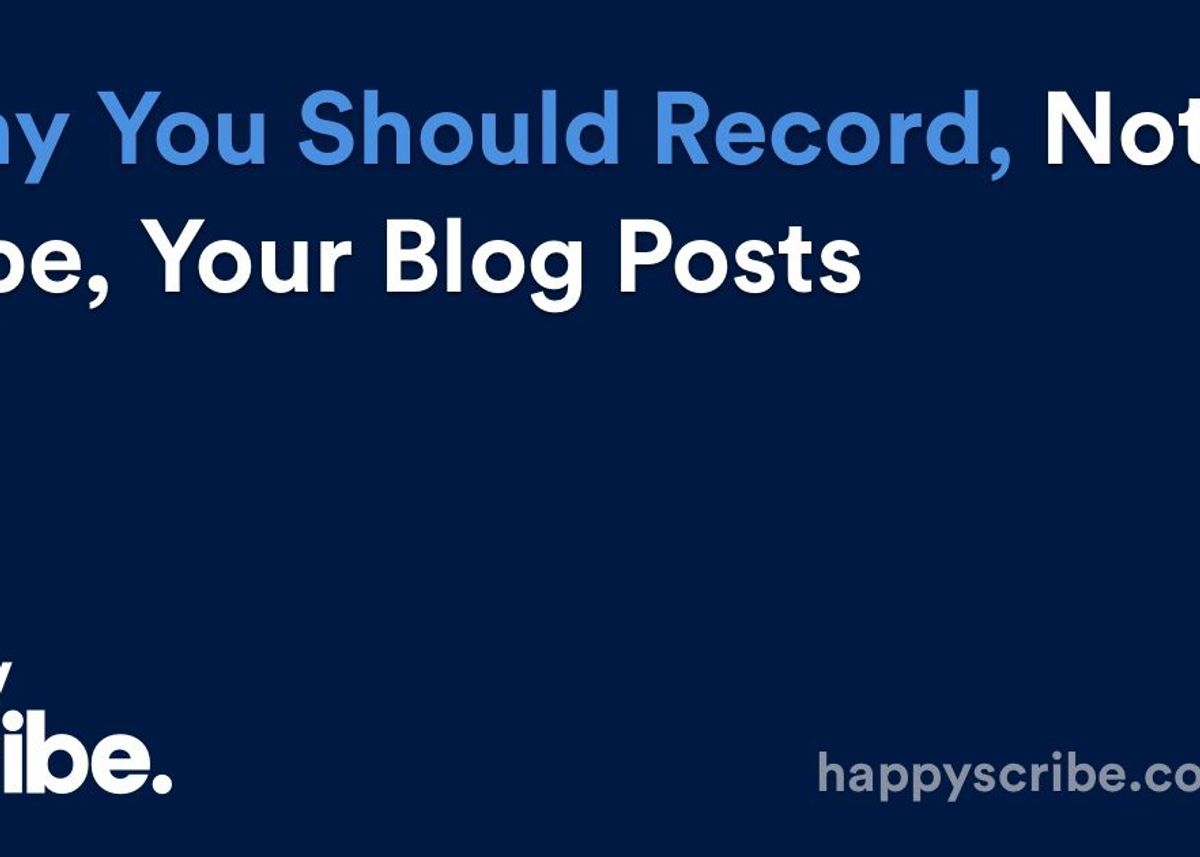
Podcasters should record their blog posts instead of writing them. This method of converting blog posts from audio to text has many advantages. Here's why.
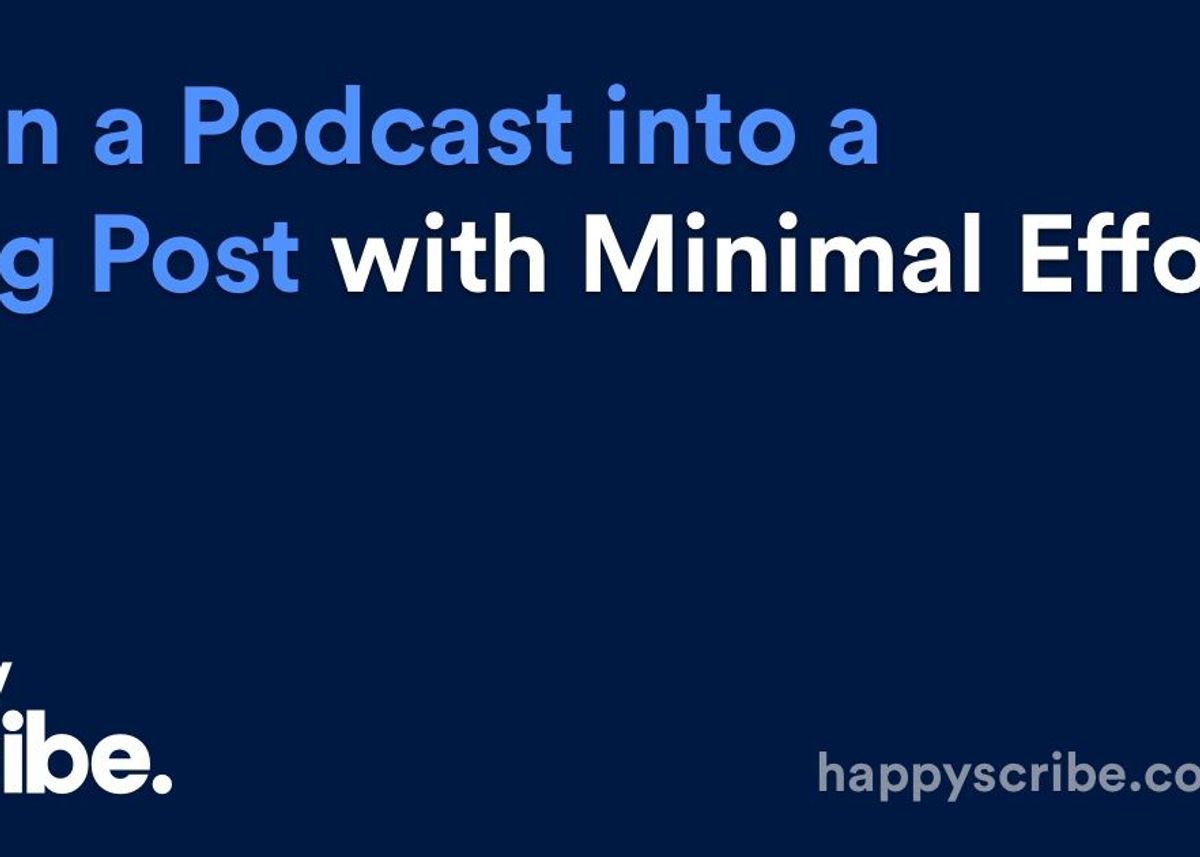
If you want your podcast to reach the widest possible audience, you also need text content. With Happy Scribe's automated transcription tool, you can turn a podcast into a blogpost with minimal effort.
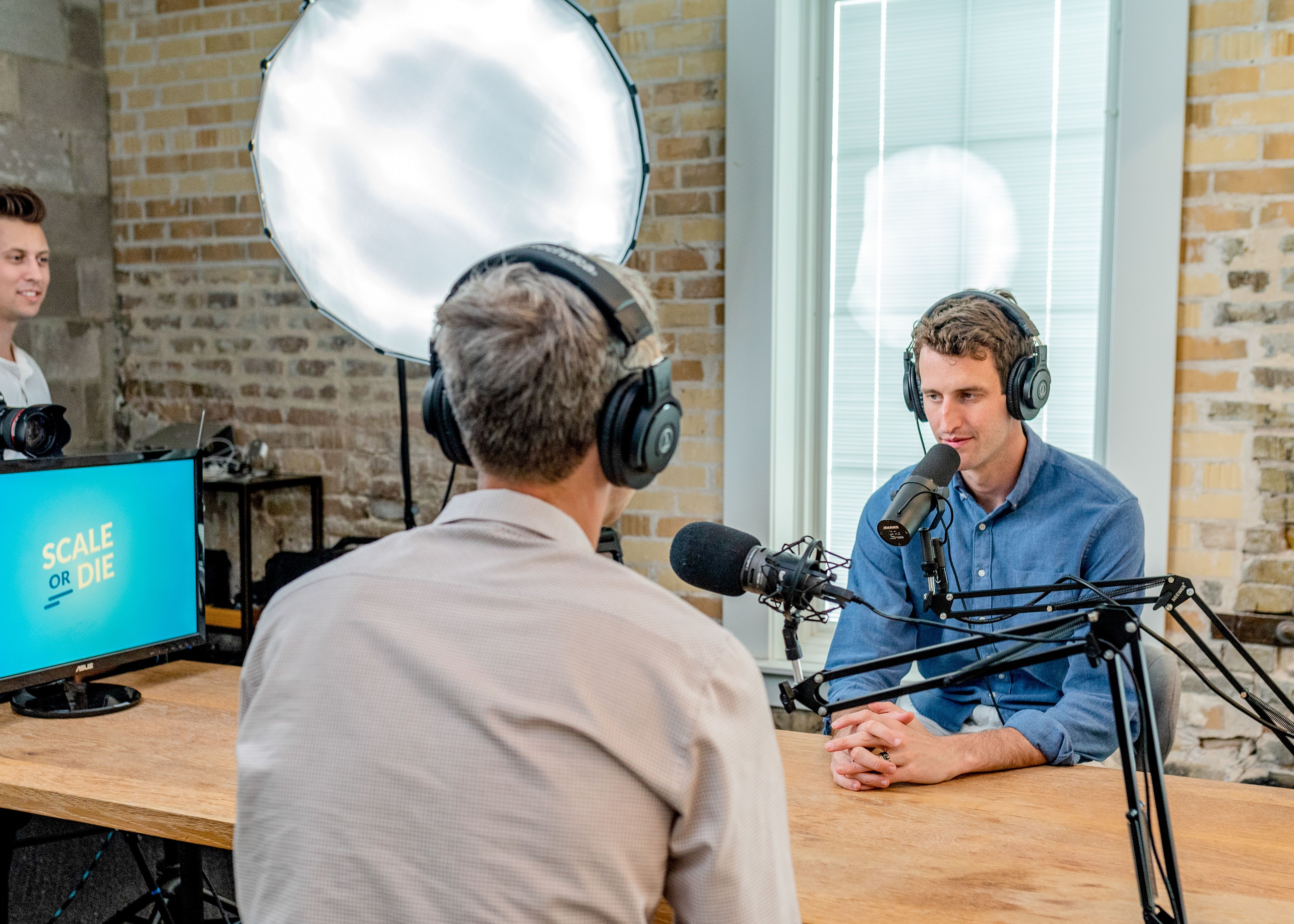
Podcasts are the modern radio, in fact, better. They offer on-demand shows, free information and present huge marketing opportunities beneficial to both advertisers and viewers. Optimal use of SEO for the same can result in significant gains for any business [1]. What is search-engine optimization (SEO)? To understand the concept
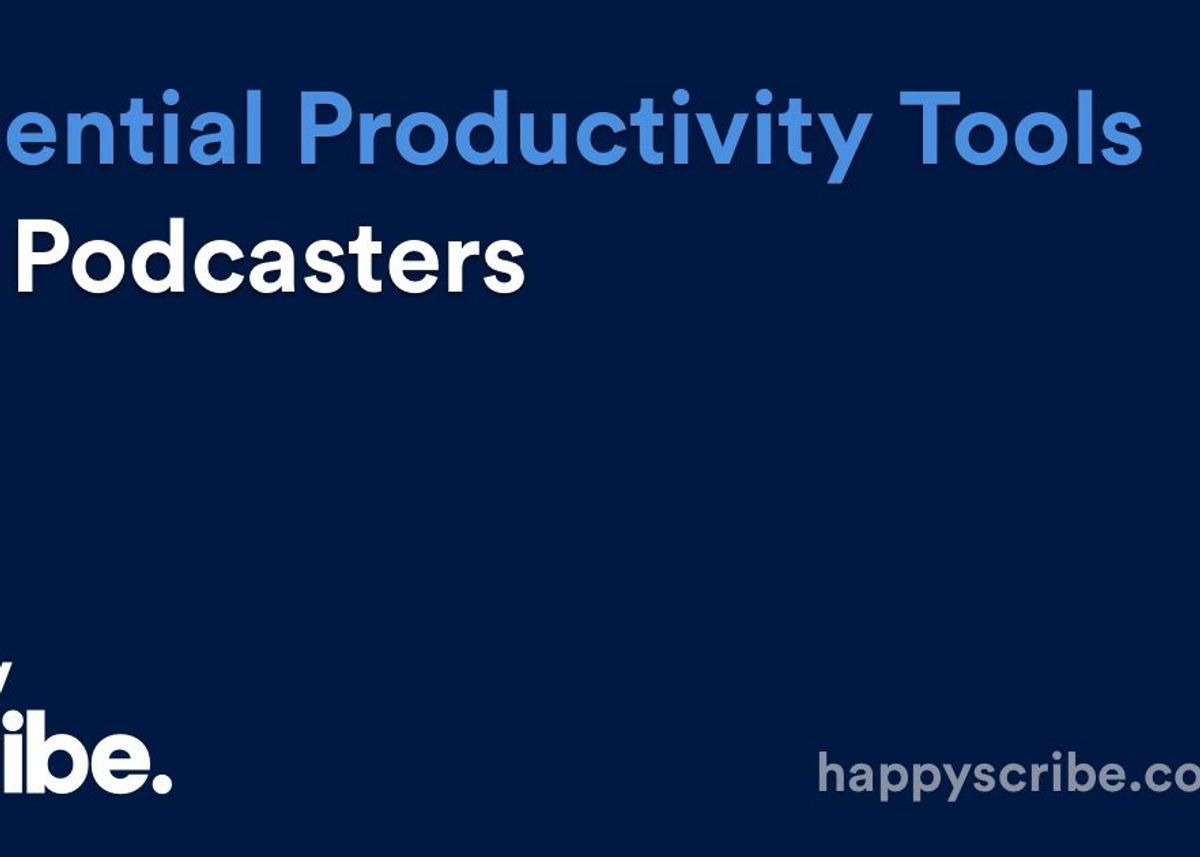
We’ve reviewed dozens of productivity tools on the market and provide you with our list of the most essential productivity tools for podcasters.
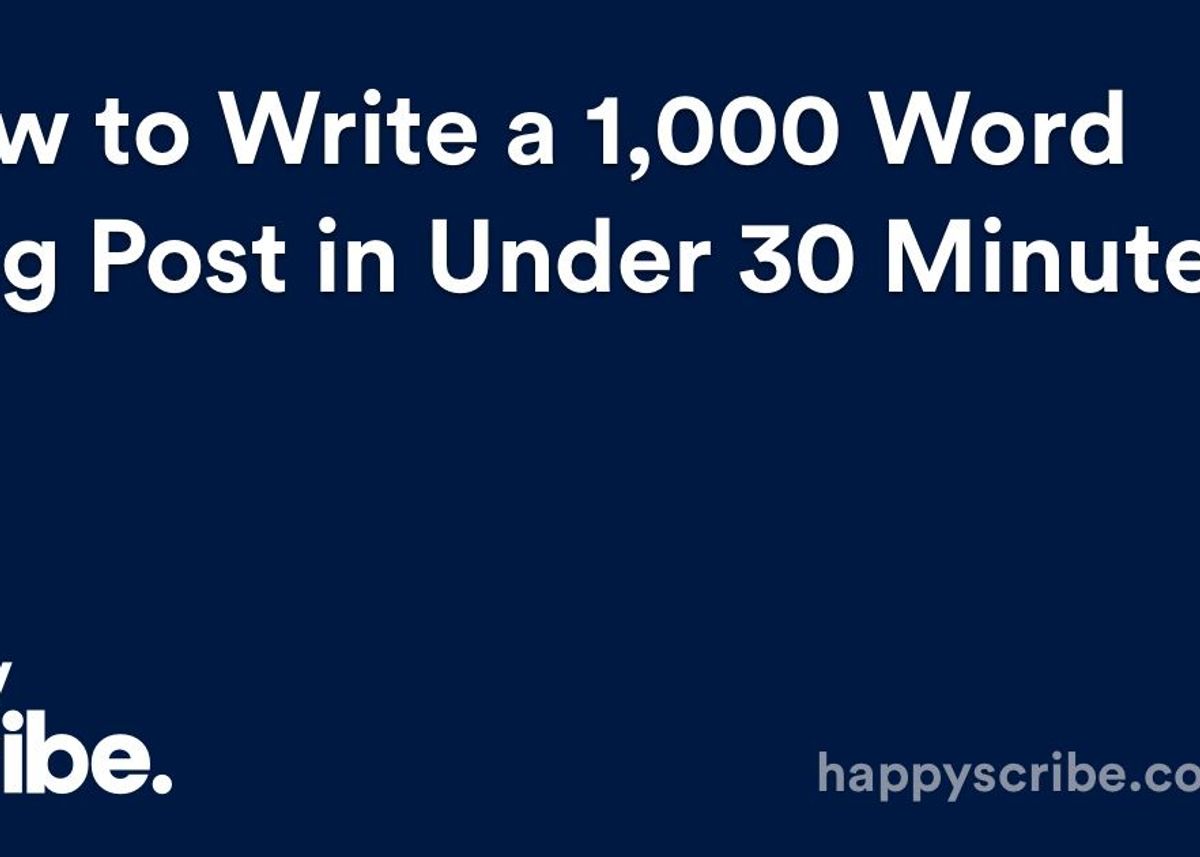
This week we provide you with a step-by-step guide on how to write a 1,000-word blog post in under 30 minutes by recording instead of typing.
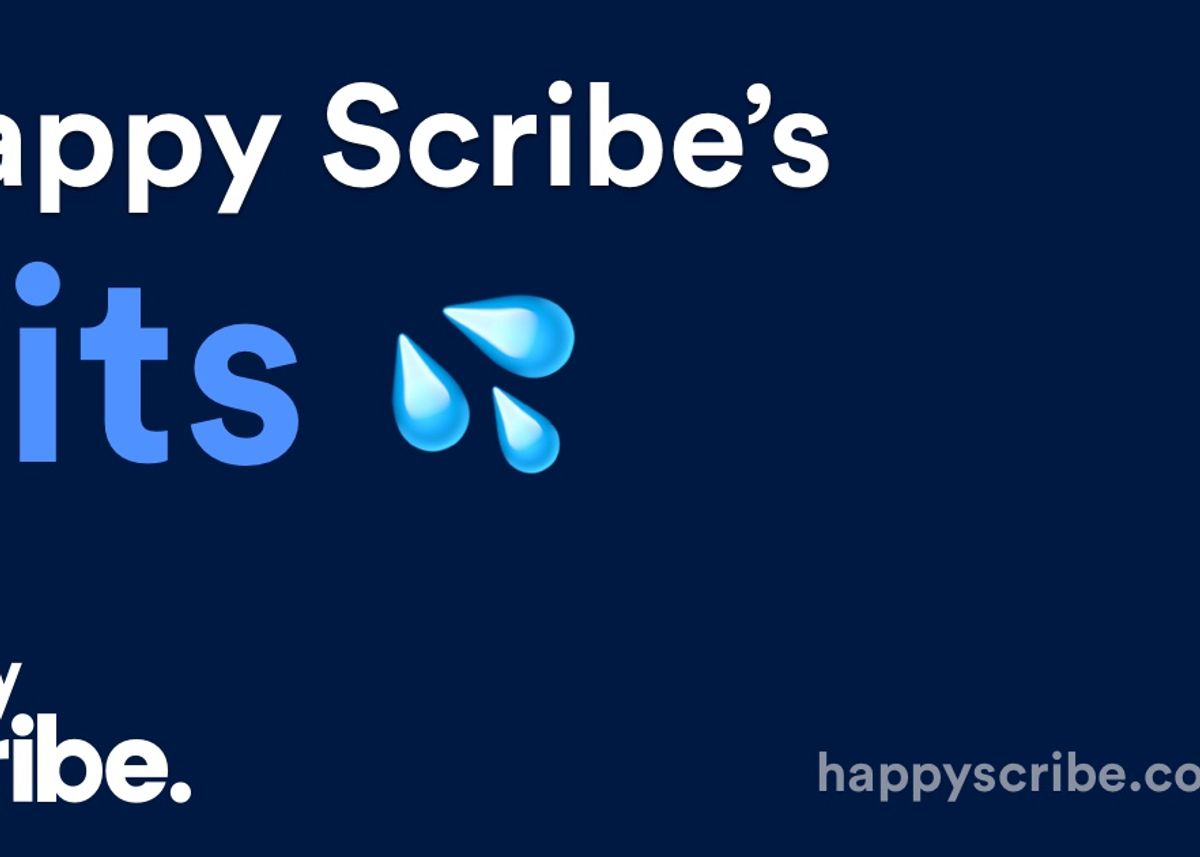
Hello 👋 Over the past two weeks, we have spent time calling some of you. We have been amazed by the diversity of content that you create and we love the idea that Happy Scribe can help you to produce it. Starting this month, we would like to share with you
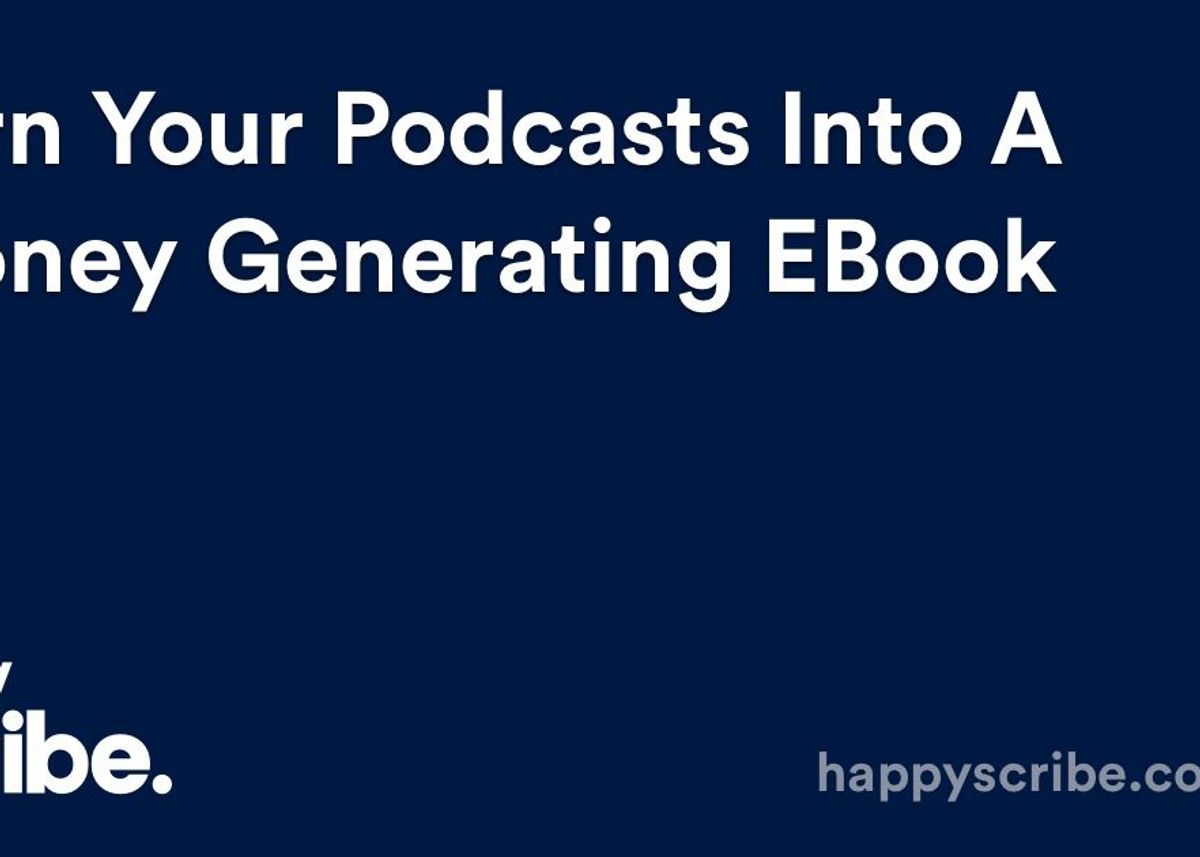
Creating a money-generating eBook from your existing podcast episodes shouldn’t take too long. Just follow these six simple steps.
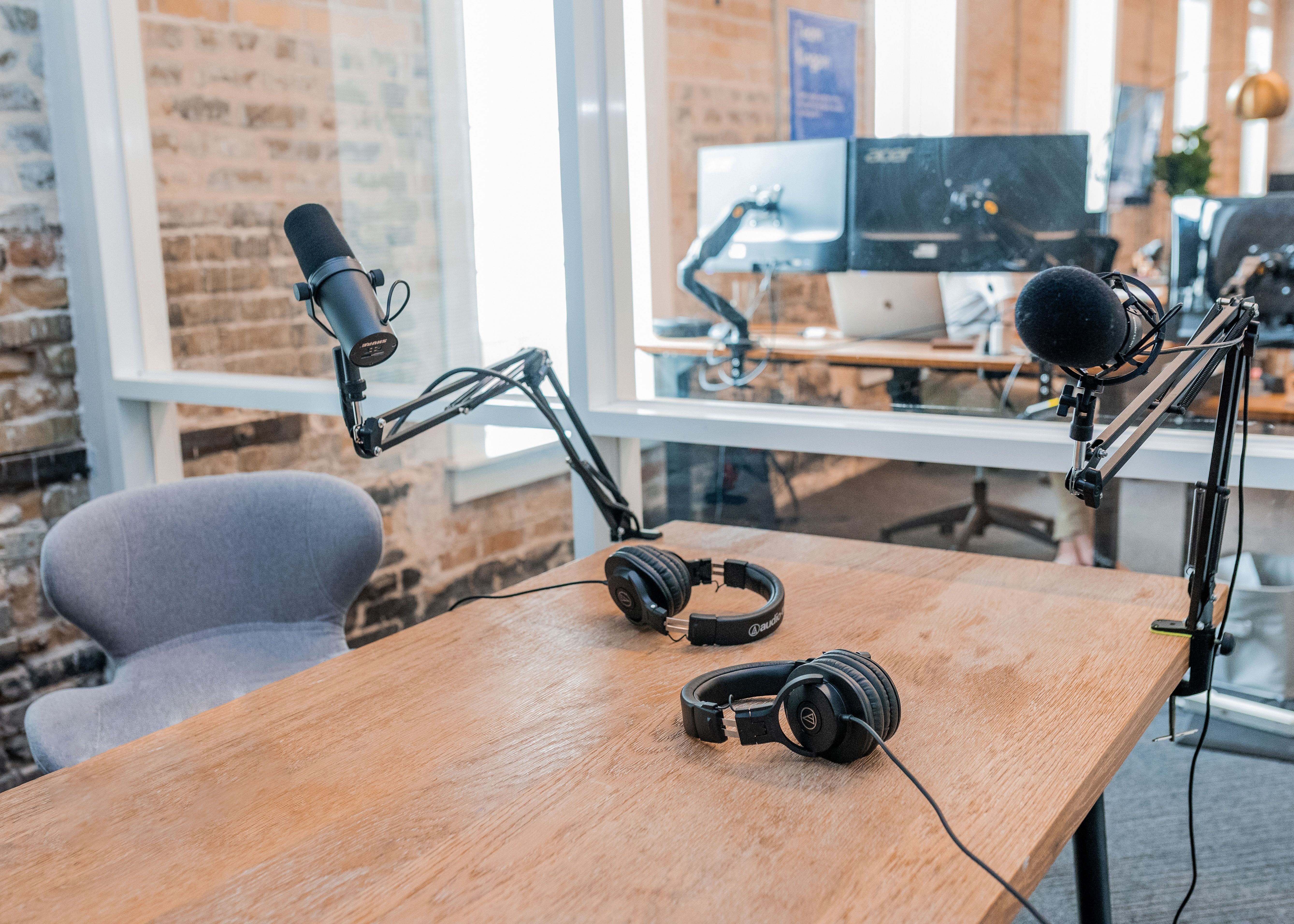
This guide outlines the key steps to launch a successful podcast. It covers topics such as choosing a niche, purchasing equipment, recording and editing, creating engaging content, promoting your podcast, and monetizing it. Whether you're a beginner or have some experience, this guide has you covered. Happy podcasting!